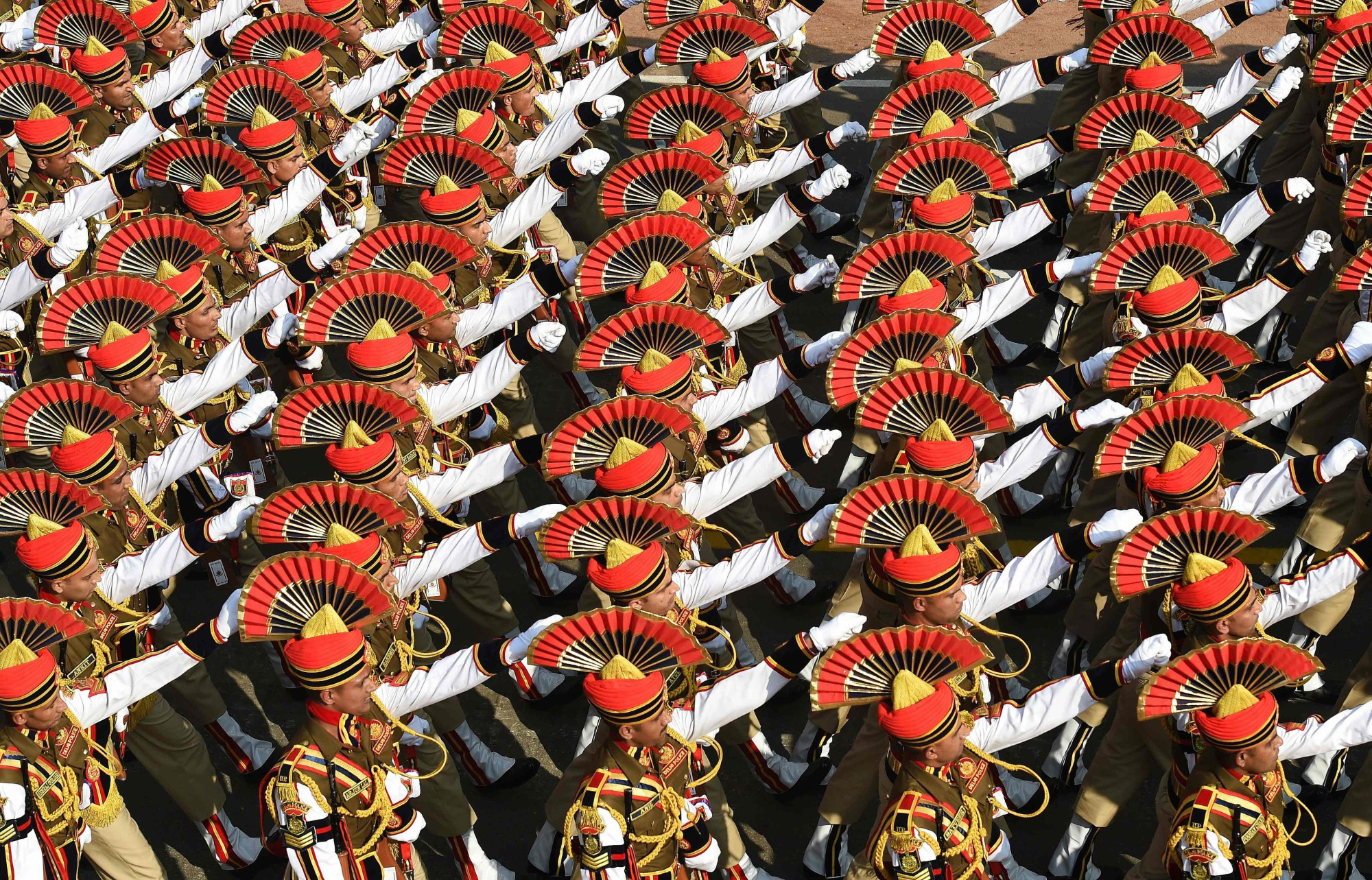History helps shape national perceptions and perspectives and undergirds national security. However, the boundary between historical fact and fiction is more porous than students of history might think. History is not only written by victors but also is used by most nations as a political tool in intrastate or interstate context.
Indeed, many countries create self-serving or sanitized historical narratives. Autocracies have a monopoly on presenting and interpreting history. China, the fairy tale Middle Kingdom, weaves legend with history to foster a chauvinistic Han Chinese culture centered on regaining lost glory.
Democracies are not free from historical revisionism, although their history debates are more nuanced, usually pitting the political right against the left. In Japan, for example, attempts to reform the U.S.-imposed national security, educational and legal systems are portrayed by the left as a potential revival of prewar militarism. South Korea's historical revisionism, for its part, is still poisoning its relations with Japan.


















With your current subscription plan you can comment on stories. However, before writing your first comment, please create a display name in the Profile section of your subscriber account page.